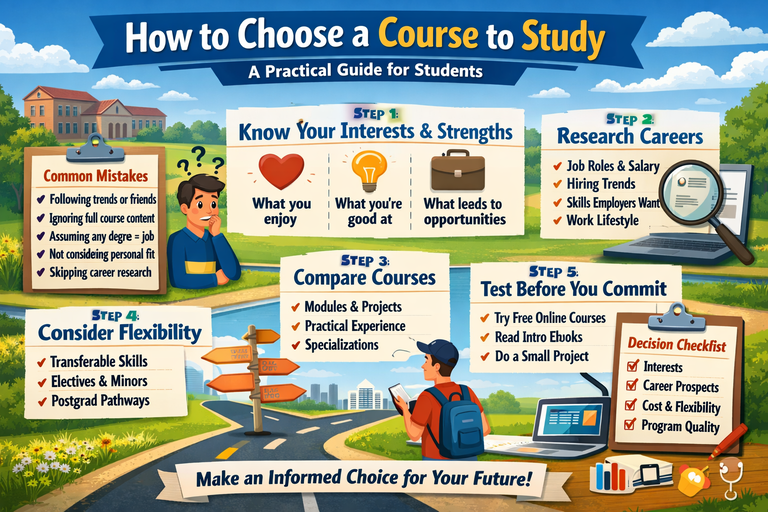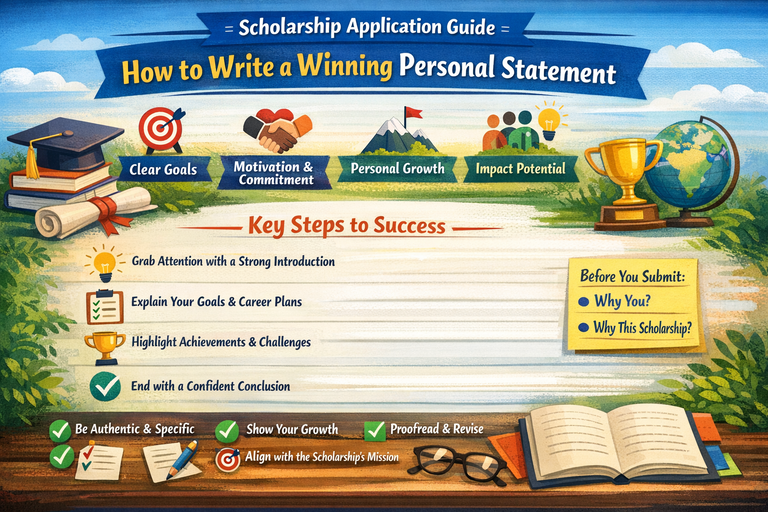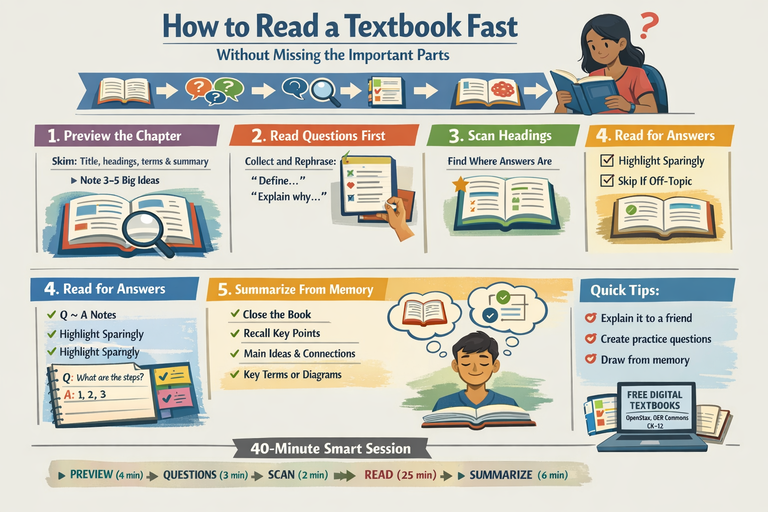How to Find the Right Publisher for Your Book
Publishing a book is one of the most rewarding experiences for any writer. But after finishing your manuscript, the next big question often becomes: “Who will publish it?”
Finding the right publisher—one that aligns with your book’s genre, values, and vision—is crucial for your book’s success.
Whether you're going the traditional route or exploring hybrid options, this guide will walk you through everything you need to know to identify and approach the publisher that's right for you.
Step 1: Understand Your Publishing Goals
Before you even start researching publishers, ask yourself a few important questions:
-
What is your main goal? (Wider reach? Literary credibility? Niche audience?)
-
Are you willing to give up creative control?
-
How important is speed to publication for you?
-
Do you want marketing support or prefer to handle it yourself?
Your answers will influence whether you pursue a traditional, hybrid, or self-publishing route—and if you're looking for a traditional or hybrid publisher, which ones make the most sense for your project.
Step 2: Know Your Book’s Category and Audience
Not all publishers handle all types of books. Many specialize in particular genres or formats. Knowing where your book fits will help you find publishers who are already looking for what you've written.
Ask yourself:
-
What genre is my book? (Fiction, memoir, self-help, academic, etc.)
-
Who is my target audience? (Teens, parents, professionals, etc.)
-
Are there comparable titles? (Books similar in theme, tone, or market)
Use these to filter your publisher search. A company that publishes literary fiction may not be interested in business how-to books—and vice versa.
Step 3: Create a Publisher Shortlist
Here’s how to begin building your list of potential publishers:
Use These Resources:
-
Writers Market (book or online): Lists thousands of publishers by genre, including submission guidelines.
-
QueryTracker.net: Great for finding agents and editors.
-
PublishersMarketplace.com: Shows deals made between agents and publishers.
-
Manuscript Wish List (MSWL): Editors and agents post exactly what they’re looking for.
-
Google Search: Search for “publishers accepting [your genre] submissions.”
Look for:
-
Books similar to yours and who published them
-
Publishers with a track record of producing quality work
-
Houses that accept unsolicited manuscripts (if you’re submitting without an agent)
Start with a wide list, then narrow it down based on how well they align with your vision and needs.
Step 4: Check Their Submission Guidelines
Every publisher has specific rules for how they want you to submit your book—and ignoring these can get you rejected immediately.
Look for:
-
Whether they accept unsolicited submissions (many don’t without an agent)
-
What they want in a submission package (query letter, synopsis, full manuscript, etc.)
-
Genre preferences and length limitations
-
Email or online form instructions
-
Reading periods (some publishers only accept submissions during certain months)
Avoid:
-
Sending your full manuscript without checking guidelines
-
Submitting to multiple editors at the same company (unless allowed)
-
Not personalizing your submission
Step 5: Research the Publisher’s Track Record
Once you have a list of publishers that fit your genre and accept submissions, dig deeper to ensure they’re reputable and trustworthy.
Things to investigate:
-
What books have they published recently? Are they professional in design and editing?
-
Do their authors speak positively about their experience?
-
How widely are their books distributed? Are they in bookstores? Online retailers?
-
Do they pay advances or royalties?
-
Are they listed on Writer Beware, a watchdog site for predatory publishers?
Be cautious of publishers that:
-
Ask authors to pay for publishing (unless clearly a hybrid model)
-
Make big promises with no track record
-
Have vague or outdated websites
Step 6: Consider Small Presses and Independent Publishers
While big publishing houses dominate bestseller lists, independent publishers and small presses offer many advantages, especially for new authors:
-
Easier access without an agent
-
Faster turnaround time
-
Niche audience expertise
-
Closer author-editor relationships
-
Willingness to take risks on new voices
Some small presses have produced award-winning and bestselling books. Don’t overlook them just because they’re not household names.
Step 7: Decide If You Need a Literary Agent
For many large traditional publishers (like Penguin Random House, HarperCollins, or Macmillan), you can’t submit directly—you’ll need a literary agent to represent you.
An agent can:
-
Pitch your manuscript to top editors
-
Negotiate contracts
-
Protect your rights
-
Give career guidance
If you’re aiming for the Big Five, start by querying agents rather than publishers directly. If you’re targeting indie presses or hybrid publishers, many of them welcome direct submissions.
Step 8: Personalize Every Submission
Don’t mass-send the same email to 30 publishers. Tailor your pitch to each one:
-
Mention why you’re choosing them ("I admire your work on [similar book title]")
-
Follow all formatting and submission rules
-
Write a strong query letter with a hook, summary, and your bio
A thoughtful and professional approach will stand out in a crowded inbox.
Step 9: Be Patient—but Be Strategic
Traditional publishing takes time. You may submit to dozens of publishers before hearing back—or hear nothing at all. Don’t get discouraged.
Pro Tip: Submit to your top choices first. If you get rejections or feedback, you can use that to revise your pitch or manuscript before moving on to others.
And remember: rejection doesn't always mean "bad book." It might just mean "wrong fit."
Step 10: Watch Out for Red Flags
Sadly, not every “publisher” has your best interests at heart. Here’s what to avoid:
Vanity presses that charge you thousands of dollars to publish
Publishers with no clear contract terms or no royalty structure
Vague promises like “bestseller status” or “global exposure”
No online presence, no distribution, and no real books on shelves
Unreasonable demands for all rights, including film or foreign, without compensation
Always read contracts carefully. If in doubt, get legal advice or check with organizations like Authors Guild or Writer Beware.
Bonus: Questions to Ask a Potential Publisher
If you get an offer, don’t jump in too quickly. Here are a few key questions to ask:
-
What kind of editing do you provide?
-
Who handles cover design and layout?
-
How will the book be distributed?
-
What is the royalty rate and payment schedule?
-
Who is responsible for marketing and promotion?
-
What rights am I granting—and for how long?
-
Can I terminate the contract if things don’t work out?
You’re not just looking for someone to publish your book—you’re looking for a partner in your author journey.
Final Thoughts
Finding the right publisher takes research, patience, and persistence. But when you align with a publisher who understands your work, respects your voice, and shares your goals—it can be a game-changer.
To recap:
-
Know your book and audience
-
Build a tailored list of publishers
-
Follow submission guidelines exactly
-
Protect yourself with research
-
Trust your gut—and your worth as a writer
Whether you're aiming for a major deal or working with a boutique press, your voice deserves to be heard. And the right publisher will help make that happen.







